'I must mourn 4th of July': Frederick Douglass' words ring true 171 years on
By Mohsen Badakhsh
“What to the slave is the Fourth of July," asked Frederick Douglass in his scathing keynote address at the US Independence Day function on July 5, 1852, at Corinthian Hall in Rochester, New York.
"This Fourth of July is yours, not mine, You may rejoice, I must mourn.”
These powerful words of a former American slave turned author and orator who rose to fame in the US for spearheading a popular movement to abolish slavery ring true even today, 171 years on.
Many Americans – especially racial minorities – identify with his searingly accurate depiction of what the United States of America represents. His words call for deep and intelligent reflection.
"A day that reveals to him, more than all other days in the year, the gross injustice and cruelty to which he is the constant victim. To him, your celebration is a sham; your boasted liberty, an unholy license; your national greatness, swelling vanity; your sounds of rejoicing are empty and heartless," Douglass remarked in his poignant speech, which is cited by anti-racism campaigners even today.
The speech came at a time when the diabolic practice of slavery was widely prevalent across the US despite the country's Constitutional proclamation of freedom and liberty for all.
"Your denunciation of tyrants, brass-fronted impudence; your shouts of liberty and equality, hollow mockery; your prayers and hymns, your sermons and thanksgivings, with all your religious parade and solemnity, are, to him, mere bombast, fraud, deception, impiety, and hypocrisy -- a thin veil to cover up crimes which would disgrace a nation of savages," Douglass further added.
The captive slave-turned-activist and abolitionist went on to note that there is no nation "guilty of practices more shocking and bloody than the people of the United States, at this very hour."
Doesn't such a depiction of mainland America sound familiar today? His description not only resonates among countless African-American victims of police brutality, racial profiling and shootings but also rings true among victims of American military occupations, brutal invasions and coup attempts in numerous countries across the globe.
The former slave posed an interesting challenge to his audience at the time: "Go where you may, search where you will, roam through all the monarchies and despotisms of the Old World, travel through South America, search out every abuse, and when you have found the last, lay your facts by the side of the everyday practices of this nation, and you will say with me, that, for revolting barbarity and shameless hypocrisy, America reigns without a rival!"
After critically and carefully examining Douglass' historic 4th of July address, one cannot help but think of atrocities committed by Americans in recent years in West Asia, Africa, South America and elsewhere, including massacres of civilians, illegal arrests and torture of so-called "terrorism" suspects.
Also indiscriminate bombings of homes and hospitals, establishing and sponsoring terrorist groups to fuel insurgencies, so-called "regime change" operations in West Asia, using predatory drones for terror assassinations of government officials and scientists, selling weapons to despotic regimes, imposing economic sanctions -- all in the name of "democracy", "national security" and “fighting terrorism."
Take the examples of Iraq, Afghanistan, Syria, Yemen, Palestine, Somalia, Libya, Iran, Venezuela, Bolivia, Peru, Cuba, Nicaragua, Haiti, Sudan, North Korea, Ukraine, Georgia and the list goes on.
It brings to mind the rampant torture of prisoners in Iraq's Abu-Ghraib prison, Afghanistan's Bagram military facility, black sites in countries across the globe, the notorious Guantanamo Bay prison facility in Cuba, sponsoring terrorist groups such as the Daesh that even top American officials admitted to.
Inside the US, racism and discrimination, particularly against African-Americans, not only continues to be prevalent but have assumed alarming proportions, not to mention persisting police brutality and fatal shootings of people of color – especially the youth – that are often targeted as “crime suspects.”
As someone who lived in the US for several years, I am a witness to the extent of structural racism and prejudice against Black Americans as well as their ill-treatment not only by police authorities but also by other federal and local government institutions.
I remember witnessing on many occasions grossly abusive treatment meted out to Blacks, detained by American police officers in different cities on flimsy pretexts, unlike their White counterparts.
I can recall multiple instances in which I, as a light-skinned person from West Asia, was preferred over African-Americans due to my skin color while applying for jobs, loans and educational opportunities.
Such cases did not stem from my suspicion or assumptions, but they were communicated by people and authorities that processed my applications.
As a journalist interested in current affairs, social integration and race relations, I often came across articles and televised news items about institutionalized discrimination against African-American individuals and communities in applying for housing, employment, business and property loans, admission to educational institutions, restaurants and recreational centers, medical treatment and even getting a taxi ride.
It is not a secret that Blacks as well as some other racial minorities always get higher interest rates when applying for bank loans. These things are real, happening across the US today, 171 years after the so-called ‘Independence’.
Moreover, although many African-Americans own their homes and businesses across America, the little-known fact remains that they largely live and work in segregated communities, where public services offered by local governments are either poorly available or not available at all.
It does sound quite amazing to me how the enlightening words of Douglass about what America stood for during the brutal practice of slavery nearly two centuries ago can ring so true and relevant today not only for people of the US – experiencing unprecedented political divisions, widespread inequity as well as a variety of social and economic crisis – but also for people across the globe reeling under dictatorial US foreign, military and economic policies.
Reflecting on the 4th of July speech of Douglass has served many Americans as well as other people familiar with it to look deeper into what the US establishment represents and better understand the true agenda behind its powerful media propaganda campaign boasting "American values."
Mohsen Badakhsh is an educator and freelance journalist.
(The views expressed in this article do not necessarily reflect those of Press TV.)
Iran seeks South Korea’s assistance for AI, fiber-optic projects
VIDEO | Iran's 'Eqtedar' (Power) maneuver
Israel hits HTS military target in Syria for 1st time since fall of Assad
VIDEO | Press TV's news headlines
Israel has slaughtered 13,000 students in Gaza, West Bank
VIDEO | More Zionist than Zionists: Biden’s legacy to be defined by Gaza genocide
Hamas confirms handing approval of Gaza ceasefire deal to mediators
VIDEO | Iran: Show of strength


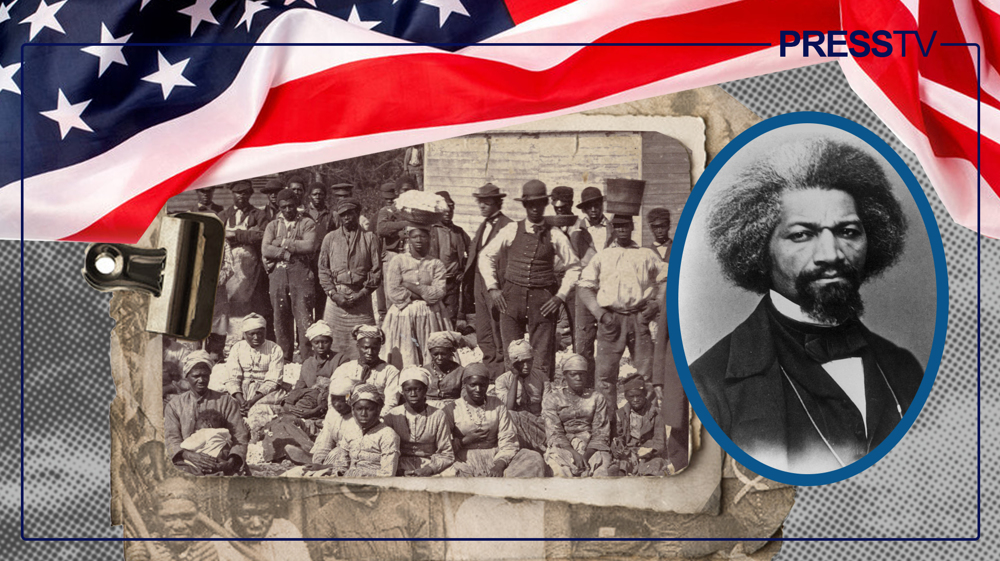
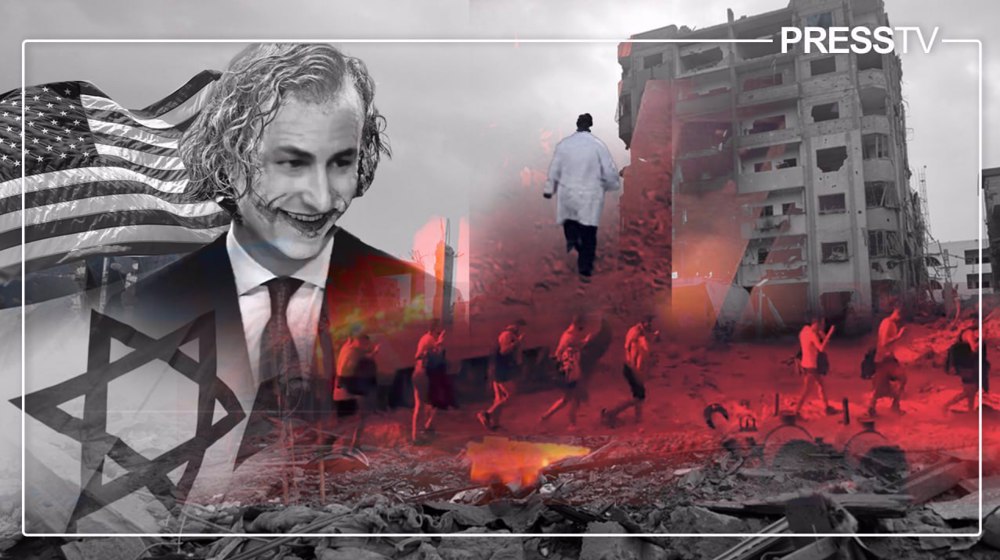
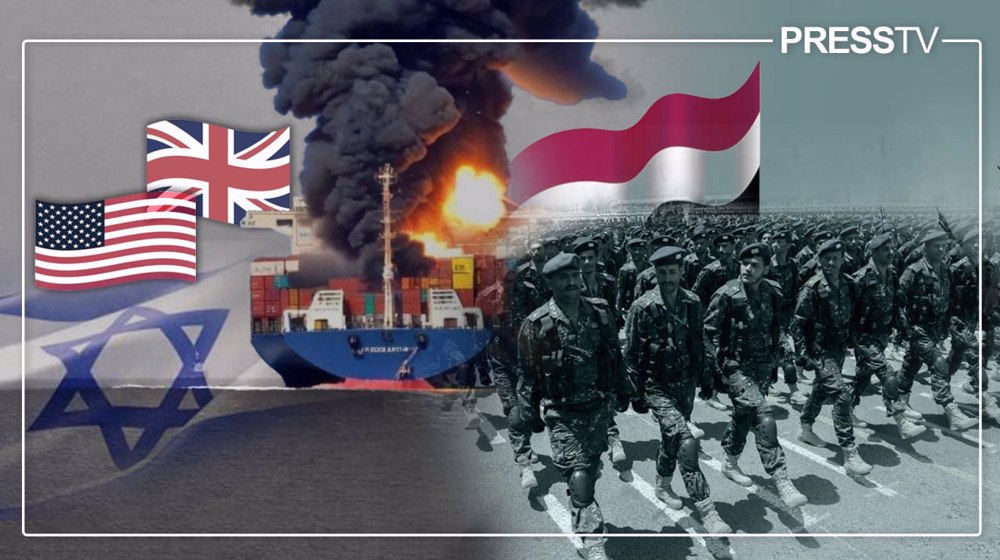




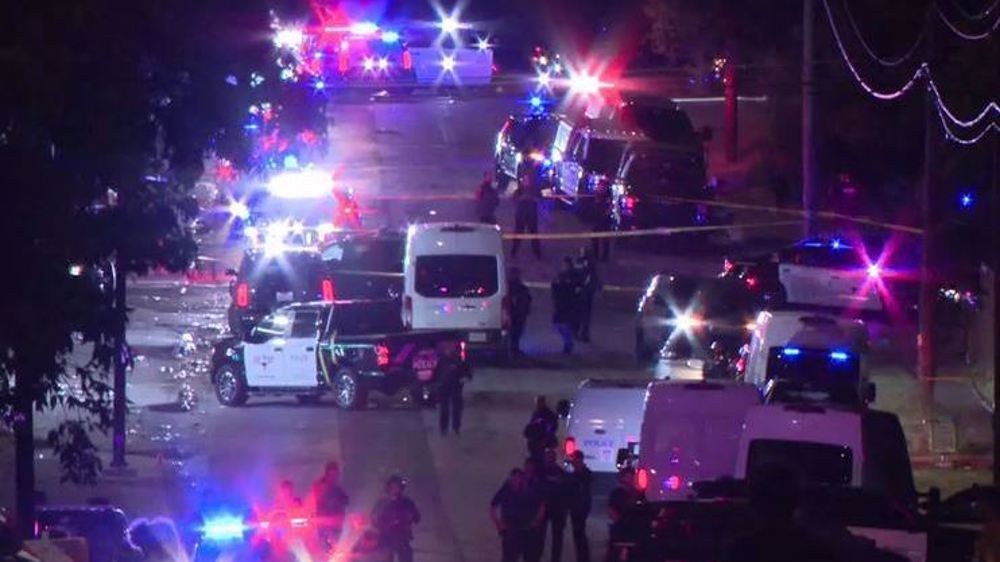
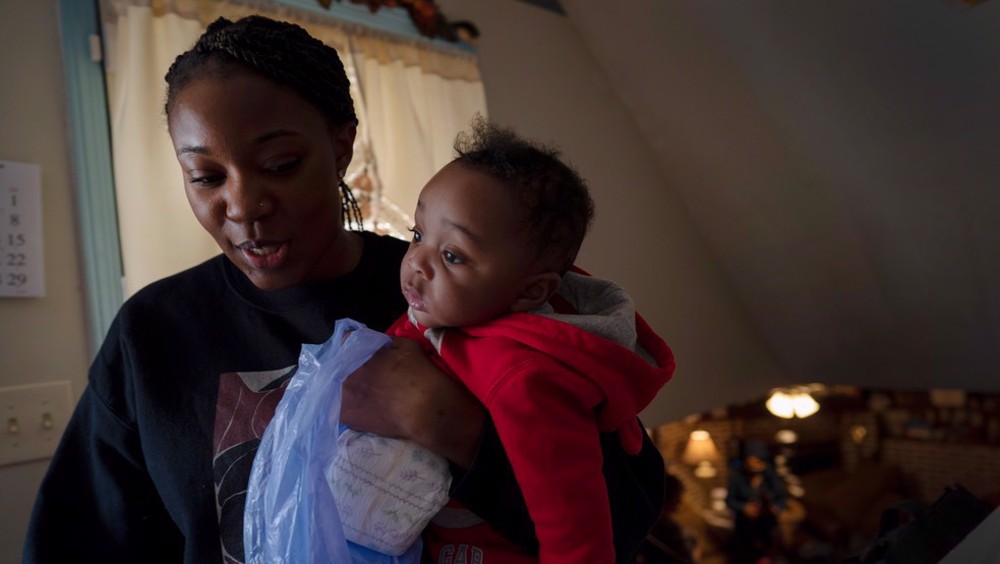

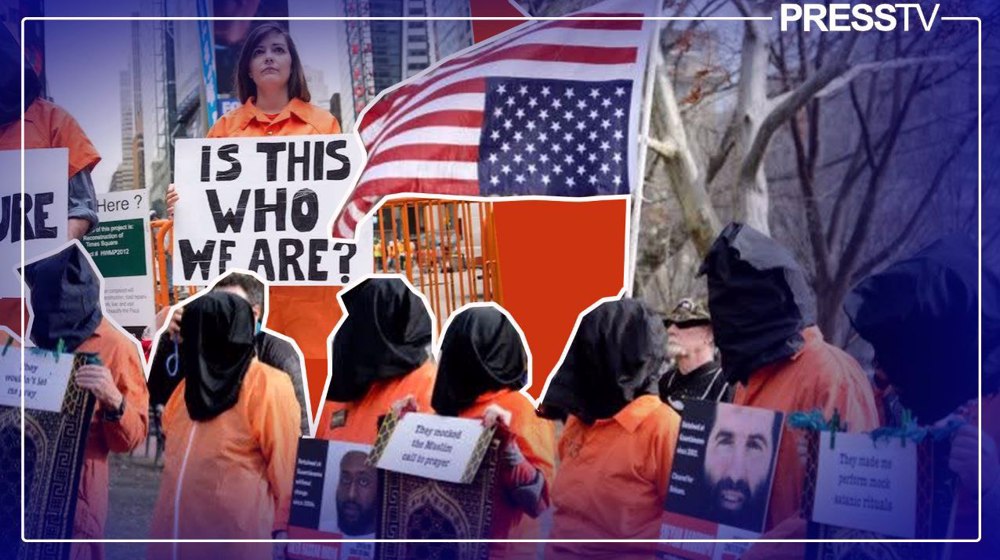
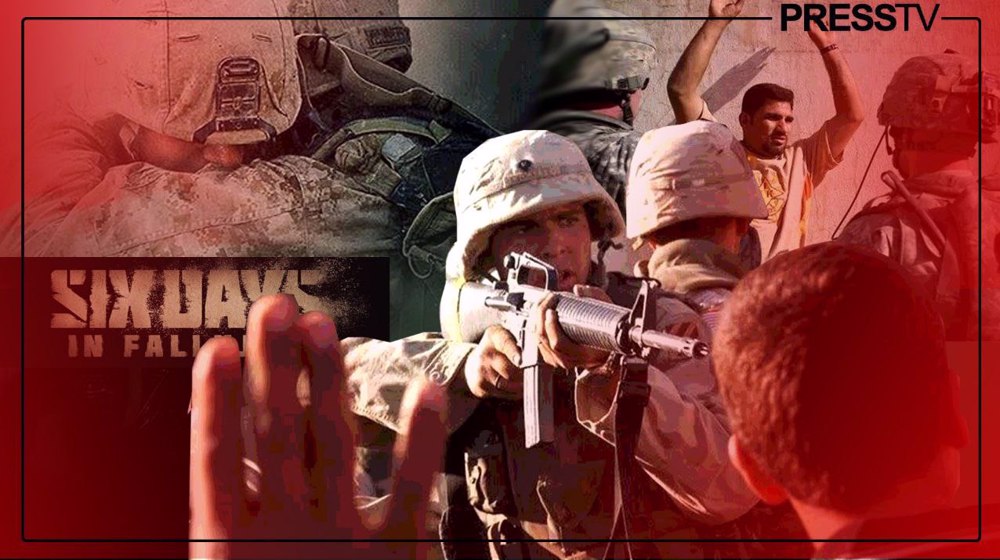

 This makes it easy to access the Press TV website
This makes it easy to access the Press TV website